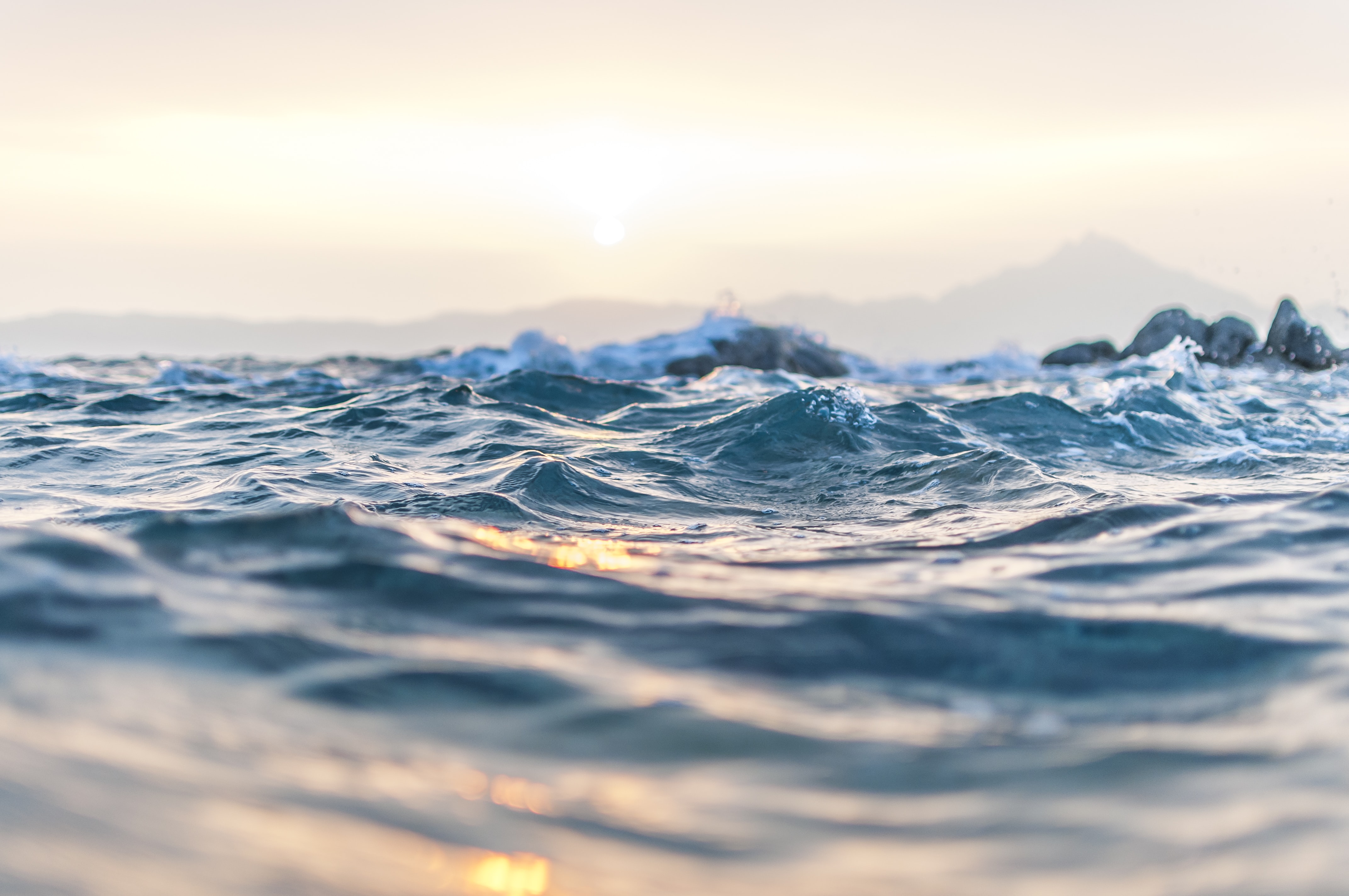
The world’s population grows steadily, and food shortage and scarcity are major issues. Professor Patricia Harvey from the University of Greenwich and head of the Aquatic Biotechnology and Biology Group at the Natural Resources Institute, proposes a new type of diet to solve the crisis.
Ocean Flexitarianism is a diet that encourages people to eat food from the lower levels of the oceans, for example, algae and seaweed.
“About 70 per cent of the Earth is covered with water and the ocean is about 98 percent of that,” says Harvey to Euronews.green. Inevitably we're going to be looking at the water to see whether we can get more food from there.”
Harvey’s research hopes to shed some light on microalgae as a sustainable, renewable, and above all, nutritious source of food for future generations. Many of us already incorporate microalgae in our diets in the form of spirulina, a blue-green algae.
Microalgae can be found in both fresh and saltwater environments and are tiny photosynthetic plants. Some algae can be toxic, but a large number are packed with essential nutrients.
“They’re jam packed with vitamins,” continues Harvey. “They have carotenoid vitamins, which we need because we can't make them, and unsaturated fatty acids, which we desperately need for our brains.”
With the always present threat that there isn’t enough food to feed the whole planet, Harvey believes microalgae to be “the perfect solution.”
“Algae consumes carbon dioxide like plants. They use solar energy, we don't have to grow them with high-performance energy systems, and they grow in saltwater from the ocean, which we can't drink.”
“I would say that these are really important species to explore and to harness in a much bigger way,” she continues. “I can't see that people are going to stop reproducing themselves. So we're going to need to feed people and microalgae might just be the answer to that.”
Finding solutions in nature is an excellent way of helping a greener and more sustainable future come sooner.




